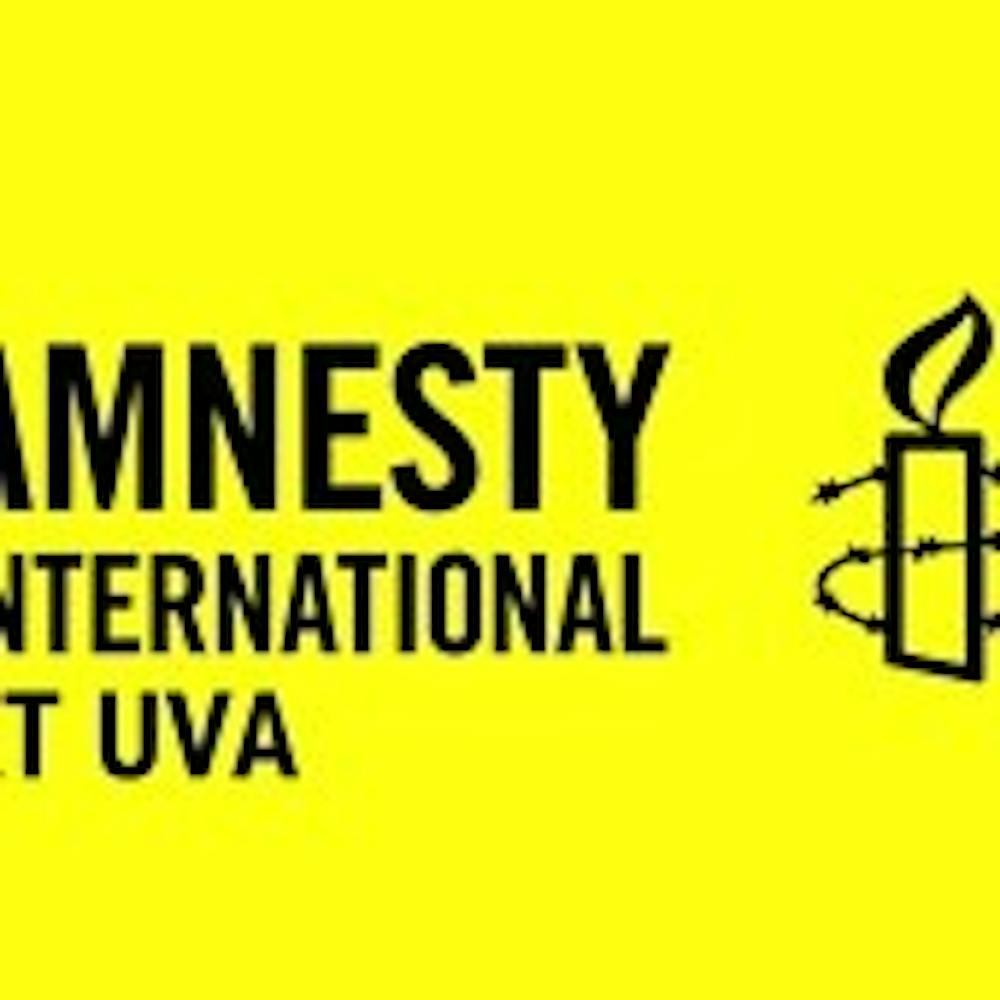Lea en español // 中文版请点击此处
The United Nations celebrated the first International Women’s Day on March 8, 1975. Though women’s rights have progressed worldwide, celebrating and empowering women remains just as crucial 46 years later. Throughout 2020, the COVID-19 pandemic has exposed and exacerbated gender inequalities around the globe. Its disproportionate impact on women — both economically and socially — has highlighted both the vitality and vulnerability of women in society. We must remember that women’s rights are human rights, and gender inequalities are not issues of the past. There are women around the world who remind us of that, continuing to fight for equality passionately and courageously. Today is when we celebrate them. Amnesty International at UVA strives to bring these women the recognition they deserve. As students, it’s our job to be a leading voice for progress and to educate ourselves and others about these critical issues.
In 2018, Saudi Arabia arrested and jailed women’s rights activists Loujain al-Hathloul, Nassima al-Sada, Aziza al-Yousef and many other activists who have advocated for women’s rights. These are all leading women human rights defenders who were arrested for demanding things such as the right to drive and the end of male guardianship. For the past five months, Amnesty International at UVA has advocated for the release of these women’s rights defenders. This year, through lobbying representatives on state, national and international levels, we are demanding the acquittal and release of several Saudi female activists who were detained. As stated by Amnesty International, “These women are the visionaries and drivers of change in Saudi Arabia.” We must ensure that they are not punished for their dream of a more free and equal society.
Loujain al-Hathloul — a leading activist for women’s rights in Saudi Arabia — has made a significant effort in the fight for equality. Amnesty International wrote “she once live-tweeted herself driving into the country from the United Arab Emirates – and was detained for 73 days as a result. An early proponent of the right to drive movement, Loujain and her fellow activists scored a victory for women’s rights when the driving ban was finally lifted in June 2018.” In the fall of 2015, she stood for election, and although her name was never on the ballot, this action caught the attention of people around the world. However, she was detained by Saudi officials in 2018 and held without charges or trial for 10 months. She was ultimately released on Feb. 12 of this year and will continue to make positive changes for women’s rights.
Another women’s rights defender who is still in detention is Nassima al-Sada. She has dedicated her life to campaigning for an end to the male guardianship and the driving ban on women. Though the driving ban was lifted in 2018, she was arrested that same year for her human rights work. She remains imprisoned, spending a year in solitary confinement unable to see her family, and without a definitive court date. There are several other women who share her experience, including Maya’a al-Zahrani, Nouf Abdulaziz and Iman al-Nafjan, who were all arrested by Saudi Arabian authorities for their advocacy work.
Finally, Aziza Al-Yousef is yet another leading women’s rights activist who was detained in Saudi Arabia. She has continuously advocated for the lifting of the driving ban and has been harassed countless times for campaigns. In 2016, she led and delivered a petition that amassed 15,000 signatures that called for a termination of the male guardianship system. From May 2018 until March 2019, Al-Yousef was wrongfully detained where she and others “endured torture, sexual abuse and other forms of ill-treatment” without a case nor trial. Since then, she has been on provisional release — however, she is still on trial for her human rights advocacy.
Although the Saudi government has released a few of these activists, Amnesty International writes that many still face “endured torture, sexual abuse and other forms of ill-treatment when they were held incommunicado and in solitary confinement with no access to their families or lawyers.” We must uplift the voices of those who are silenced for their bravery, advocate against the oppression of women’s rights, and prevent governments from detaining our human rights defenders.
Despite the fact that Saudi Arabia lifted the driving ban and released some of these women, the female activists highlighted here and countless others are still imprisoned or unable to live freely — they remain under surveillance and are able to be arrested again at any moment. These issues are not purely confined to Saudi Arabia. Women around the world face similar systems of oppression and are continuously silenced. Speaking out about these women and the injustices they face makes it more difficult for them to be silenced and for their brave efforts to be for naught. This International Women’s Day, we should recognize women whose work may not directly benefit us here in Charlottesville, but advances the cause of women’s fights for equality worldwide.
As University students privileged with freedom, it is easy to turn a blind eye to the injustices many women face around the world. Many may question why we still need celebrations such as International Women’s Day when it seems as though we have come so far. In reality though, the fight has just begun. Women around the world face difficulties that we cannot ignore. The fight for women’s rights and the celebration of International Women’s Day must be intersectional and include all women globally. We must join women’s rights activists in continuing the conversation and demanding further action towards gender equality.
Amnesty International at UVA’s mission is to “fight injustice and promote human rights.” The group can be reached at hem4mde@virginia.edu.







